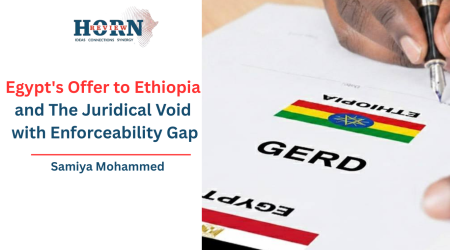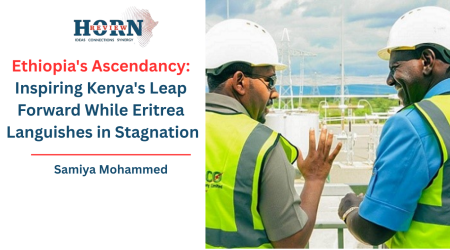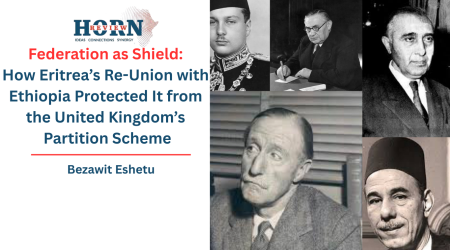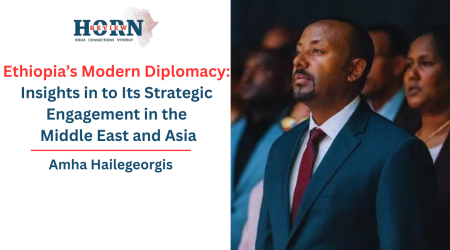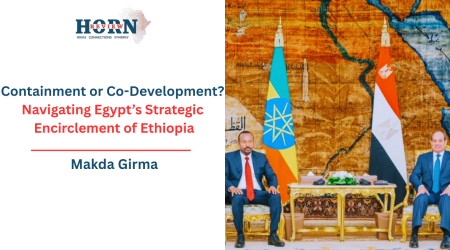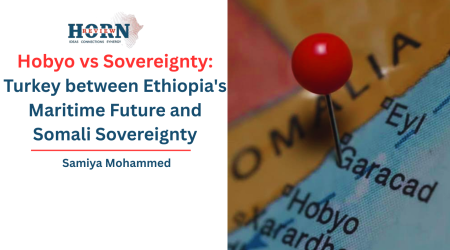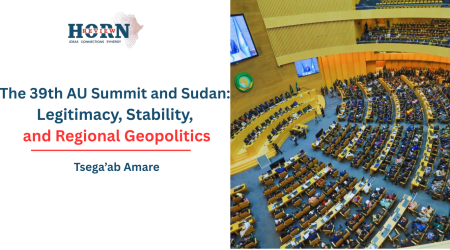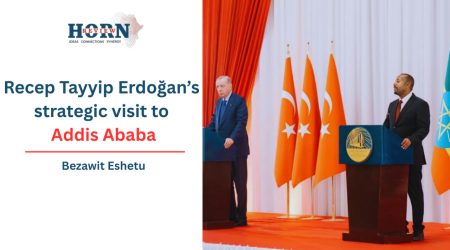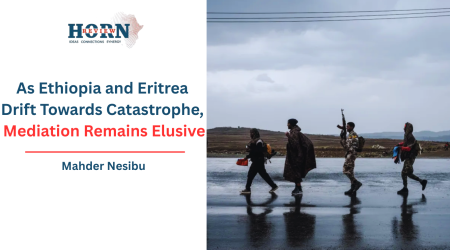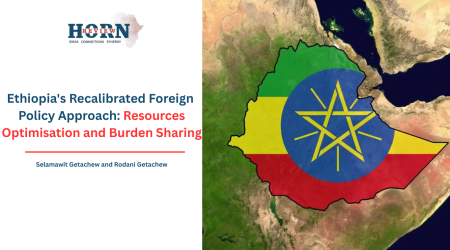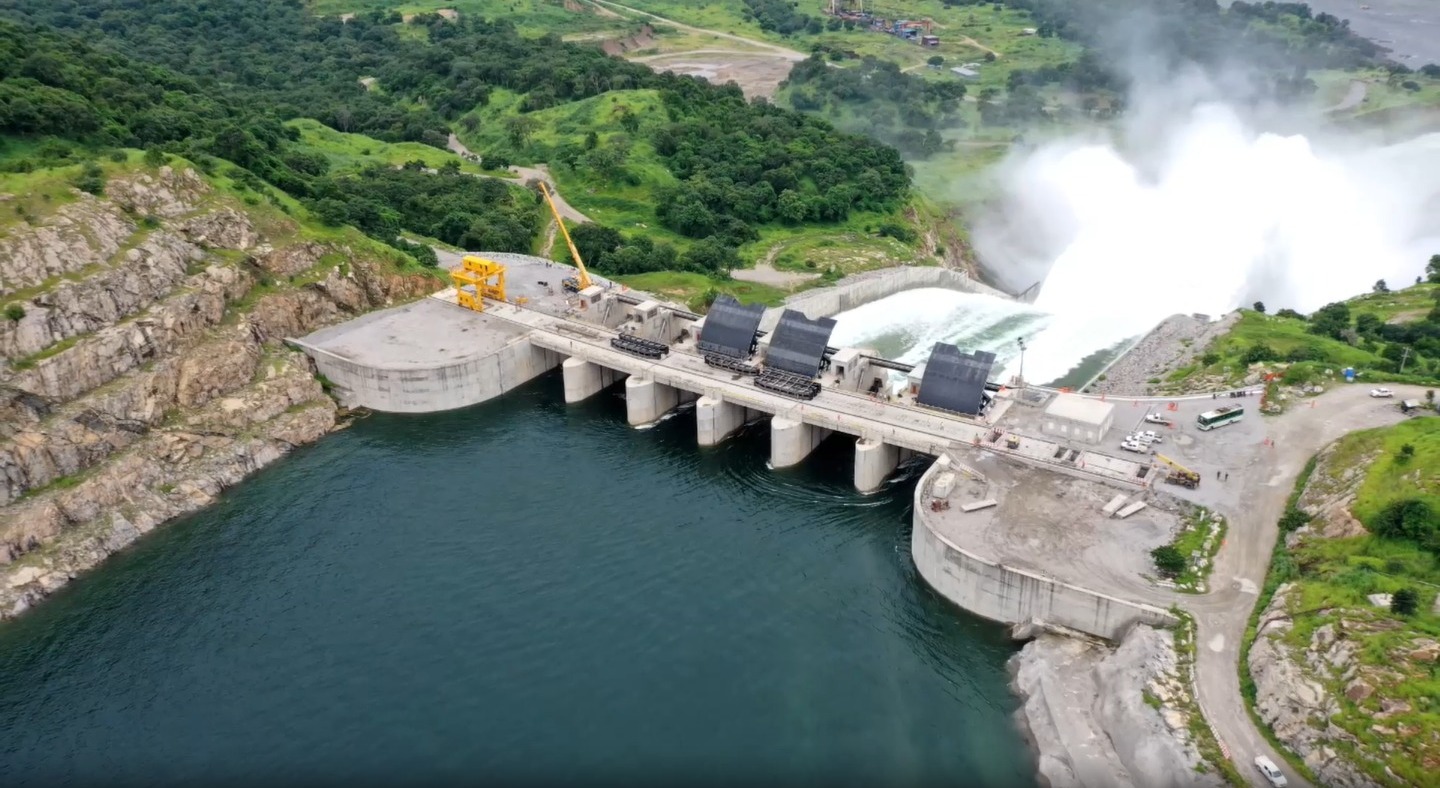
8
Sep
Arab League’s Position On Ethiopia’s Use Of The GERD: A Renewed Diplomatic Confrontation
Since the genesis of the Grand Ethiopian Renaissance Dam (GERD) in 2011, it has been the beating heart of geopolitical divergence between Ethiopia and the downstream countries. Even though Ethiopia frames the project as a monumental step towards economic self-reliance and energy sovereignty, Egypt and Sudan insist on voicing their deep anxieties about water security and regional stability. Amidst this intricate web of geopolitics, the Arab League has emerged as an ardent advocate for the downstream nations. Its ongoing involvement, highlighted by its most recent declaration at the 164th Session of the Arab League Ministerial Council in Cairo on 5 September 2025, marks the persistent diplomatic discord concerning the Nile.
During the Cairo session, GERD once again was the center of their agenda. They came to a final communiqué that reiterated the urgent necessity of a legally binding agreement that governs the operation of the dam. The League unequivocally repudiated Ethiopia’s unilateral measures that could compromise downstream water security. They stressed that such an agreement, while acknowledging the developmental rights of Ethiopia, also will safeguard the water usage of Egypt and Sudan.
Although the statement falls short of a direct or harsh accusation, the language seems oddly familiar: the typical harmony with Egypt and Sudan’s call for obligatory assurances, rejection of Ethiopia’s sovereign decision-making, and campaigning for international referees. This illustrates a serious apprehension that the GERD casts in regard to the long-standing hydro-political balance of the Nile Basin.
The Arab League’s involvement in the GERD is not new. The organization has incessantly issued a series of resolutions that are deemed unbalanced and politicized by Addis Ababa. In March 2020, it adopted a resolution backing Egypt’s water security concerns, which Ethiopia accused the body of “blind support” for Cairo. Moving forward, in June 2021, another resolution in Doha called for a binding agreement and international involvement. Ethiopia dismissed the move and formally complained to the United Nations Security Council, warning against externalizing an African problem. In March and May 2023 a resolution again was passed that echoed Egypt and Sudan’s demands. Ethiopia expressed “dismay,” arguing that such pronouncements undermined African Union (AU)-led mediation efforts and encouraged hostile rhetoric. In September 2025 the most recent iteration reflects the same principles, underlining continuity in the League’s position.
This historical record shows the Arab League has without fail framed the GERD feud in a biased manner that tilts its head toward Egypt and Sudan. For Ethiopia, however, the Nile issue is an African issue that needs to be resolved within the framework of the AU, autonomous from outside alliances. Officials in Addis Ababa firmly believe that the Nile is a trans-boundary African resource and that Arab involvement undermines the integrity of negotiations. Such resolutions erode trust between the parties by reinforcing a sense of bloc politics, undermine the African Union’s credibility as the designated mediator, and neglect Ethiopia’s sovereign right to harness its water resources for development, including electrification and industrialization.
Despite the fact Ethiopia stays firm on the commitment to continue to fill and operate the GERD in accordance with the Agreement on the Declaration of Principles of March 2015 with full respect to the principle of equitable and reasonable utilization of trans-boundary water resource, the League’s condemnation of the unilateralism runs a deeper course than balancing Ethiopia’s developmental aspirations with the water security of the downstream states. It prioritizes external oversight and constraints in a way that potentially limits Ethiopia’s sovereign decision-making regarding the Nile. This posture risks confining Ethiopia’s legitimate development initiatives that are sovereign exercises of its rights as unilateral provocations.
Ethiopia insists that GERD will generate more than 6,000 Mw of electricity that will transfigure its economy and ensure surplus energy for export. Despite the conspicuous fact of the dam’s potential to stabilize the infamous unpredictable flow of the Blue Nile by serving as both a buffer against floods and a reserve during droughts. It evidently secures the regional water rather than risking it. For reasons of control, dependence, and trust, these countries give in to entrenched fears, portraying Ethiopia’s development project as a threat in order to preserve their historical dominance over the Nile’s waters.
The GERD dissonance has expanded beyond a trilateral negotiation into a wider regional confrontation. It encapsulates the broader challenge of trans-boundary water governance in Africa and the Middle East. It has become an arena for the international agents to showcase their canine. The possibility of Ethiopia faltering in its insistence on AU-led negotiation is highly unlikely, while Egypt and Sudan will not budge on seeking after Arab and international partners for meddling. Unless the parties compromise on resolving their issues through appropriate agents and legally recognized frameworks, the cycle lingers, rejections persist, and the African Union keeps on seeking to preserve its role as the custodian of African solutions to African problems.
To summarize, the GERD encompasses issues far beyond hydropower. It’s a Pandora’s box for predicaments over sovereignty, regional status quo, and limits of external intervention in African affairs. Whether there will be compromise or inveterate positions will remain is the billion-dollar question that will leave no room for doubt about the impact it will leave on the Horn of Africa and the wider spectrum of the Arab world.
By Tselot Getachew, Researcher, Horn Review

